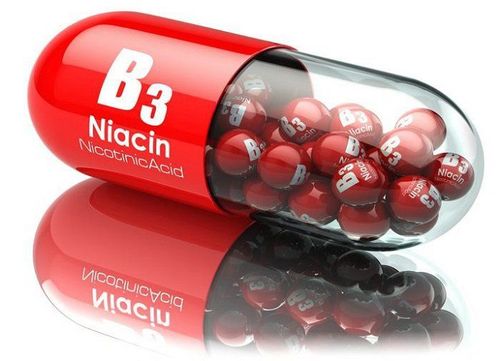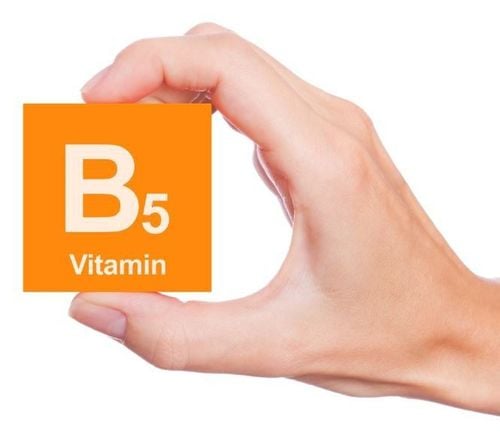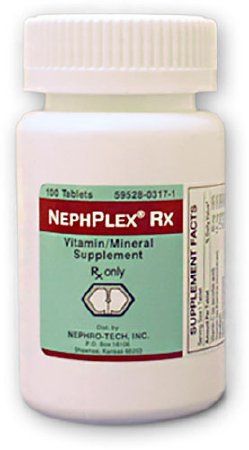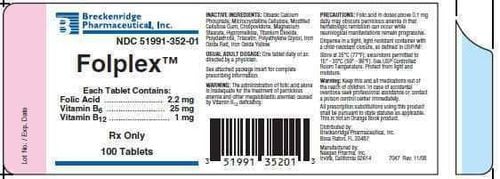This is an automatically translated article.
Niacinamide is one of two forms of vitamin B3 besides nicotinic acid. Vitamin B3 is also known as niacin. Niacinamide and nicotinic acid are both vitamin B3, but they differ in their chemical structure and health effects. This article explains what niacinamide is, its benefits, uses, and side effects.
1. What is Niacinamide?
Niacinamide is a form of vitamin B3 (niacin) - one of eight B vitamins the body needs to maintain good health.
Vitamin B3 plays an important role in converting food into usable energy and helps cells in the body carry out important chemical reactions. This is a water-soluble vitamin, so the body needs to be supplemented with nicotinic acid or niacinamide daily. Vitamin B3 is commonly found as niacinamide in animal products, such as meat and poultry, and nicotinic acid in plant-based foods such as nuts, seeds, and green vegetables. Many refined grain products, including breakfast cereals, are also fortified with niacinamide.
Your body can also make vitamin B3 from tryptophan, an amino acid found in most protein foods. However, converting tryptophan to vitamin B3 is inefficient, as it takes 60mg of tryptophan for the body to produce 1mg of vitamin B3. Vitamin B3 is also known as vitamin PP, an acronym for preventing fungal diseases.

Vitamin B3 thường được tìm thấy dưới dạng niacinamide trong các loại hạt,...
This condition occurs when the body lacks vitamin B3 or tryptophan, the fungal disease is recognized by 4 common symptoms such as diarrhea, dermatitis, memory loss and if left untreated can cause death. Pellagra is rare in developed countries such as North America and Europe, but is common in some developing countries such as Vietnam. Both nicotinic acid and niacinamide can treat thrush, but niacinamide is preferred because the compound has fewer side effects than nicotinic.
2.Benefits and usage
2.1 Skin Improvement Niacinamide plays an important role in keeping skin healthy. For this reason, this compound is widely used in the cosmetic and skin care industries. Can be applied topically or taken orally as a supplement, niacinamide has been shown to have anti-inflammatory effects on the skin. Used to treat dermatological conditions such as acne and rashes.
2.2 Fight melanoma Melanoma is a serious type of skin cancer that develops in the cells that produce melanin, the pigment that gives skin its natural color. Exposure to ultraviolet (UV) rays, from the sun or tanning beds, can damage the DNA of cells, putting them at risk of melanoma.

Hình ảnh bệnh nhân bị ung thư da
Thanks to its role in keeping skin cells healthy, oral niacinamide supplementation has been shown to enhance DNA repair in UV-damaged skin.
Therefore, niacinamide is a supplement that may protect against melanoma, especially in high-risk individuals, such as those with pre-existing skin cancer.
2.3 Improve Chronic Kidney Disease Chronic kidney disease occurs when the body gradually loses kidney function such as its ability to clean, filter and control blood pressure. This can cause a build-up of harmful chemicals in the blood such as phosphates. Research shows that niacinamide may help reduce phosphate levels in people with kidney dysfunction by inhibiting the absorption of this harmful compound. Phosphate levels are usually managed through diet, medication, or dialysis, depending on the severity and extent of buildup in the body.
2.4 Prevent Type 1 Diabetes Type 1 diabetes is a condition in which the body attacks and destroys the beta cells that produce pancreatic insulin. It is suggested that niacinamide can help protect beta cells, thereby preventing or delaying flare-ups of type 1 diabetes. However, studies do not support the notion that niacinamide can prevent the onset of type 1 diabetes, although niacinamide may help delay disease progression by preserving beta cell function.
3.Assorted Niacinamide Supplements

Vitamin B3 dạng axit nicotinic
Vitamin B3, as nicotinic acid or niacinamide, is available as a supplement or combined with other vitamins and minerals in doses ranging from 14 to 1,000 mg per serving.
Niacinamide is also included in vitamin B complex supplements, which contain all eight B vitamins. Some supplements contain vitamin B3 only list niacin, but most supplements only format niacin is nicotinic acid or niacinamide.
Niacinamide can be included in pre-workout supplements. As for skin care, niacinamide is often included in facial moisturizers or in products marketed to treat acne or rosacea.
4.Note
Niacinamide is generally well tolerated at appropriate doses, with most of the excess being excreted in the urine.
Limit vitamin B3 intake to 35 mg per day. This is the amount that is less likely to cause redness and tingling in the skin, a known side effect of nicotinic acid but not found in niacinamide. Some minor side effects associated with nicotinamide have been reported including upset stomach, nausea, and headache.
Therefore, customers should consult their doctor before using supplements containing nicotinamide.
Please dial HOTLINE for more information or register for an appointment HERE. Download MyVinmec app to make appointments faster and to manage your bookings easily.
Healthline.com Reference Article












